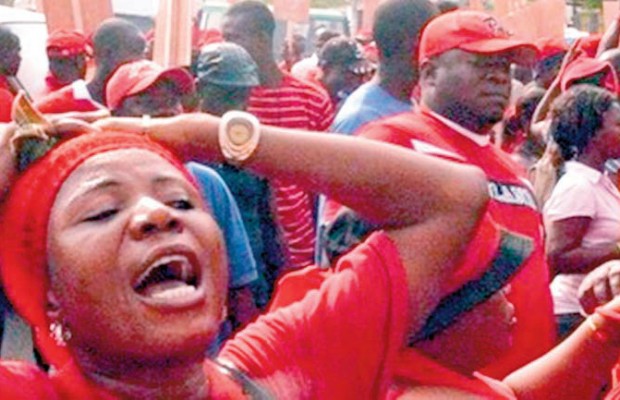No jobs in 2015 – Gov’t assures
- Posted on
- Comment
 ALL PERSONS wishing to be employed by government next year should look elsewhere to actualize their dreams, as Government has stated categorically that it would not employ anyone in 2015.
ALL PERSONS wishing to be employed by government next year should look elsewhere to actualize their dreams, as Government has stated categorically that it would not employ anyone in 2015.
Seth Terkper, Finance Minister, disclosed this in the 2015 annual budget statement he presented to Parliament on Wednesday in Accra.
According to him, “Government would pursue the continuation of the policy of net freeze on employment into all sectors of the public services (excluding education and health).
He added that there would be non-replacement of departing public sector employees in overstaffed areas.”
The 2013 World Factbook, a compilation of factual information from the US Central Intelligence Agency (CIA), estimates that Ghana’s employed population stood at 12.07 million.
This means a lot of people in the country are unemployed. Of the employed, 60 percent were into agriculture, while the rest operated in other sectors.
IMF Okays 2015 budget
The recent stance by Government on additional taxes and the employment freeze can be said to be prescriptions of the International Monetary Fund (IMF).
The IMF, in a press release issued recently, welcomed government’s 2015 budget, presented to Parliament last week, which targeted a reduction of the fiscal deficit by 3.5 percentage points of GDP (on a commitment basis).
It continued that “with projected arrears repayments of 1.2 percent of GDP next year, the cash deficit will be equivalent to 6.5 percent of GDP in 2015, down from 9.5 percent in 2014. The budget includes some important measures to increase revenues to eliminate distortive and inefficient energy subsidies, and to contain growth in Ghana’s comparatively high public wage bill. At the same time, the budget allows for maintaining public investment above 5 percent of GDP, as well as increasing social protection spending targeted at the most vulnerable.”
“The mission also welcomes the government’s aim to implement structural reforms to underpin a sustained consolidation towards a fiscal deficit objective of 3.5 percent of GDP by 2017. Reforms will include strengthening public finance management, reducing tax exemptions, enhancing tax administration and reviewing the earmarking of revenues for statutory funds. Efforts to clean up the payroll and enhance its management have been initiated and should be pursued swiftly. These efforts, together with the implementation of appropriate pay and hiring policies, will help further control the wage bill, which has been a significant source of fiscal risk.
“Taken together, these fiscal measures, combined with sound debt management and actions to further boost the effectiveness of the Bank of Ghana’s inflation targeting framework should help restore macroeconomic stability.
The IMF team said it would continue to support the authorities, as they work in the coming weeks in several areas to take concrete steps in cleaning up the payroll, finalize the remaining details of their medium-term reforms and to seek external financing assurances from bilateral donors and international institutions.
“Once this work is completed, a financial arrangement to support Ghana’s economic programme would be agreed at staff level before being proposed for the IMF Executive Board’s consideration.”
BY Samuel Boadi










 (Selorm) |
(Selorm) |  (Nana Kwesi)
(Nana Kwesi)